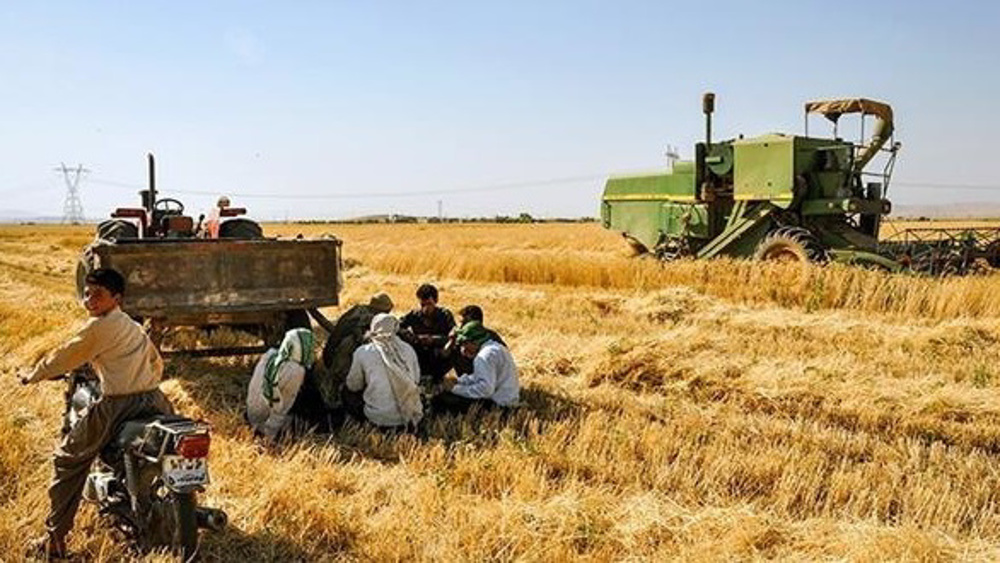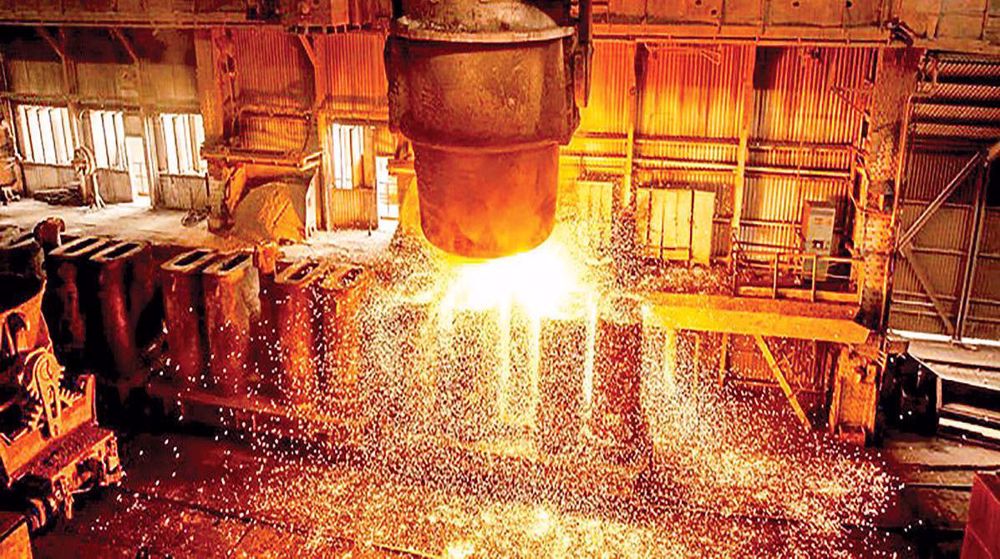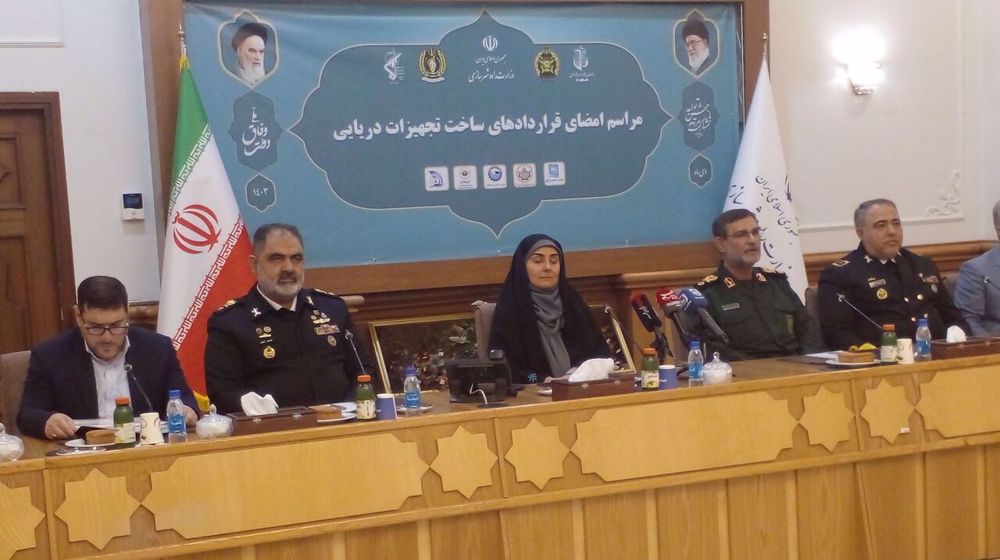Official forecasts Iran’s wheat production at 12 million tonnes
Iran expects to reap 12 million tonnes of wheat this year at a time of rising concerns over food supplies because of the ongoing war between major wheat producers Russia and Ukraine.
State purchases of wheat from local farmers are forecast at 8.2 million tonnes, up from 7.2 million tonnes last year, vice president of planning and economic affairs of the ministry of agricultural jihad Shahpour Alaei-Moqaddam said.
Iran’s wheat production last year stood at 11 million tonnes, up 40 percent from the previous year.
“Wheat is the backbone of the agricultural sector, and the food security of the world is measured by wheat,” Alaei-Moqaddam said.
The global food market is facing a serious challenge from the ongoing conflict in Ukraine which is the fifth largest exporter of wheat.
According to Alaei-Moqaddam, about 780 million tonnes of wheat is produced in the world, with China, India, and Russia respectively ranking first to third well ahead of Iran which is the 13th producer.
Economists say the West’s imposition of sanctions on Russia has intensified the rise in prices for energy and food products, especially wheat.
Iran’s domestic wheat output can vary widely depending on rainfall and the country has in some years been self-sufficient in the staple cereal.
Guaranteed purchases of wheat are the key plank of Iran’s self-sufficiency drive in the strategic staple food. However, the former government’s reluctance to raise its prices in accordance with inflation rates dissuaded many wheat growers from selling their produce to the state.
As a result, the Rouhani administration imported more than 3 million tonnes of wheat at a cost of $3.8 billion in 2020. For the fiscal year of 2021, Iran ran on a shortage of 30 percent which meant the country had to import 5-6 million tonnes of wheat, according to officials.
Kazakhstan, a top-10 world wheat exporter which signed a Caspian transit pact with Iran, appears an ideal candidate as the new source of import.
On Wednesday, Kazakhstan’s Prime Minister of Kazakhstan Alikhan Smailov is expected to arrive in Tehran. Ahead of the visit, the two countries held a conference to discuss their business opportunities with the aim of bolstering bilateral trade.
Iranian and Kazakh companies in the fields of food and agriculture including flour and grains, beverages, macaroni and pasta, as well as oil and semi-prepared foods, wood, cable, metallurgy, wagons and chain stores presented their capabilities.
Officials touched on Iran’s free trade agreement with the Eurasian Economic Union, saying Kazakhstan's membership in the bloc can further facilitate trade relations between the two countries.
For a long time, one of Iran’s aspirations has been self-sufficiency in strategic agricultural products such as wheat, oilseeds and livestock inputs, but successive droughts in recent years and the lack of water resources have made it far-fetched of a goal, giving weight to the idea of overseas cultivation.
Of the 162.2 million hectares of land in Iran, more than 18 million hectares is agricultural land, which constitutes 12% of the country's land area. However, about 85% of Iran’s fresh water is consumed in agriculture, which explains why overseas cultivation can be a shortcut for agricultural development and revival of the country's water resources.
On Thursday, the government adopted a plan to guarantee food security in the country by 2032 amid efforts to facilitate access of vulnerable and low-income people to food and water supplies.
The 10-Year Comprehensive Document on Food and Nutrition Security was signed into law during a session of Iran’s High Council of Health and Food Security chaired by President Ebrahim Raeisi.
Raeisi said the document will ensure a fair access of all Iranian citizens to sufficient and healthy food as well as to a clean environment. He said any disruption to secure food supplies in Iran could negatively affect the economic, cultural and social security in the country.
Missile fired from Yemen hits Tel Aviv
VIDEO | Iran emerging as aviation service hub through innovative solutions
Iraq exhuming remains of 100 Kurdish women, children killed by Saddam
Panama rejects talks with US over canal control
VIDEO | Israel Yemen aggression
HTS rulers name al-Qaeda operative as Syria's new spy chief
Iran voices concern about rising insecurity, violence in Syria
VIDEO | Karachi sit-in amplifies nationwide call for justice for Parachinar victims










 This makes it easy to access the Press TV website
This makes it easy to access the Press TV website